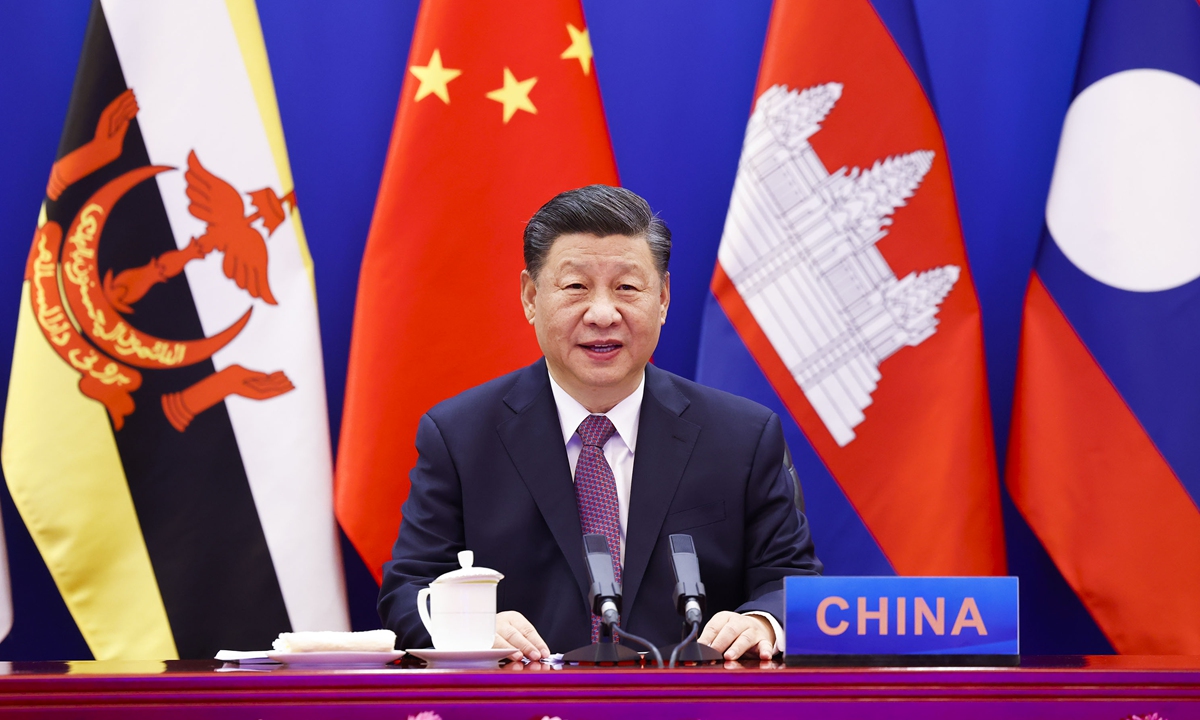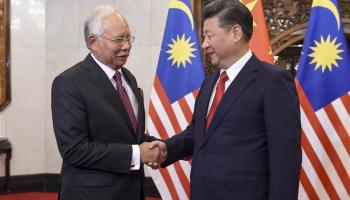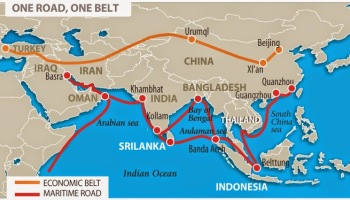AH, it’s my turn in the Chinese zodiac to make my presence felt in the world of humankind.
`
Some of you have treated me in a negative light – fierce and dangerous, a beast that stalks in the night, a fearsome icon.
`
I am so glad I do have fans who see me as a symbol of strength, with sturdy leadership, as the king of the jungle. You can learn a lot from me if you can spare the time ... yes, time for the tiger to teach you a thing or two!
`
Let’s start with times when you feel a bit down, when you lack confidence: Now picture yourself as a cat looking into a mirror and seeing the image of a tiger there. That’s it, straighten your posture, give a stern look from the eyes, radiate power from the body. Then get up, stride steadily out, and face the world!
`
There may come a time this year when someone tries to bully you with a word or act. Well, just picture the tiger’s majestic look in your head and stay nonchalant, show you have no time for such company and walk away with your head held high.
`
I heard someone say “A tiger doesn’t lose sleep over the opinion of sheep” – so discerning! My leadership qualities are validated! Yes, do not be misled by those not qualified to participate in your projects or aspirations.
`
Mark your territory and guard it well – keep pretenders and parasites away! You don’t want delaying distractions (though you should not leap into action too hastily either).
`
When things are not going well, someone may say or imply you are a loser. Remind them it’s the year of the tiger – let my fiery energy rub off on you and persevere. With new challenges there may be pain and hardship – just accept it, learn from it, lick your wounds and keep moving. We tigers are known for our survival skills.
`
Unlike lions and some others in the wild, we tigers are known to share our kills with other tigers. Likewise, when you do well, be quick to share with and care for those less privileged. You will be enriched by a grateful heart that exudes a generous spirit.
`
Last but not least, tigers do know how to enjoy life too – we love to swim and play in the water. So you too should occasionally take time off from work. Relax in a peaceful setting, have more time for a good sleep, leisurely meals, with good company or none at all, as your mood moves you.
`
Even if you were not born in the year of the tiger, be inspired by my courage and strength. With the strong attitude of a tiger (tigritude?!), you should have a roaring tiger year! I’m with you, tiger!
`
(Perhaps this is a good time to make a plea for a greater effort in saving the Malayan tiger, our national animal, which is on the verge of extinction. Tigers appear on the country’s coat of arms, on emblems of private companies and logos of clubs and societies, in folktales and proverbs, and even the national football team is named Harimau Malaysia. We should actively campaign for more publicity and support for protecting the tiger.)
`
TAN LING SUAN, `Kuala Lumpur
Related Stories




















 Movers and shakers: Dr Wee (centre) flanked by former Taiwan President Ma Ying-jeou (Wee’s right) and WCES founder and patron and Country Heights Group of Companies founder Tan Sri Lee Kim Yew cutting ribbons at the opening ceremony of the 8th WCES in Malacca. Also joining them are (from left) WCES co-chairmain Datuk Seri David Yeat, Asli CEO Tan Sri Michael Yeoh, Asli and Sunway Group chairman Tan Sri Jeffrey Cheah, Plantation Industries and Commodities Minister Datuk Seri Mah Siew Keong, former Indonesian President Susilo Bambang Yudhoyono, Malacca Chief Minister Datuk Seri Idris Haron, former Australian Prime Minister Kevin Rudd, former Pakistani Prime Minister Shaukat Aziz, former Thai Deputy Prime Minister Dr Surakiart Sathirathai, Quest International University Perak chief operating officer Nicholas Goh, Mah Sing Group marketing and innovation general manager Lily Lee and Star Media Group Bhd editor-in-chief Datuk Leanne Goh.
Movers and shakers: Dr Wee (centre) flanked by former Taiwan President Ma Ying-jeou (Wee’s right) and WCES founder and patron and Country Heights Group of Companies founder Tan Sri Lee Kim Yew cutting ribbons at the opening ceremony of the 8th WCES in Malacca. Also joining them are (from left) WCES co-chairmain Datuk Seri David Yeat, Asli CEO Tan Sri Michael Yeoh, Asli and Sunway Group chairman Tan Sri Jeffrey Cheah, Plantation Industries and Commodities Minister Datuk Seri Mah Siew Keong, former Indonesian President Susilo Bambang Yudhoyono, Malacca Chief Minister Datuk Seri Idris Haron, former Australian Prime Minister Kevin Rudd, former Pakistani Prime Minister Shaukat Aziz, former Thai Deputy Prime Minister Dr Surakiart Sathirathai, Quest International University Perak chief operating officer Nicholas Goh, Mah Sing Group marketing and innovation general manager Lily Lee and Star Media Group Bhd editor-in-chief Datuk Leanne Goh.








